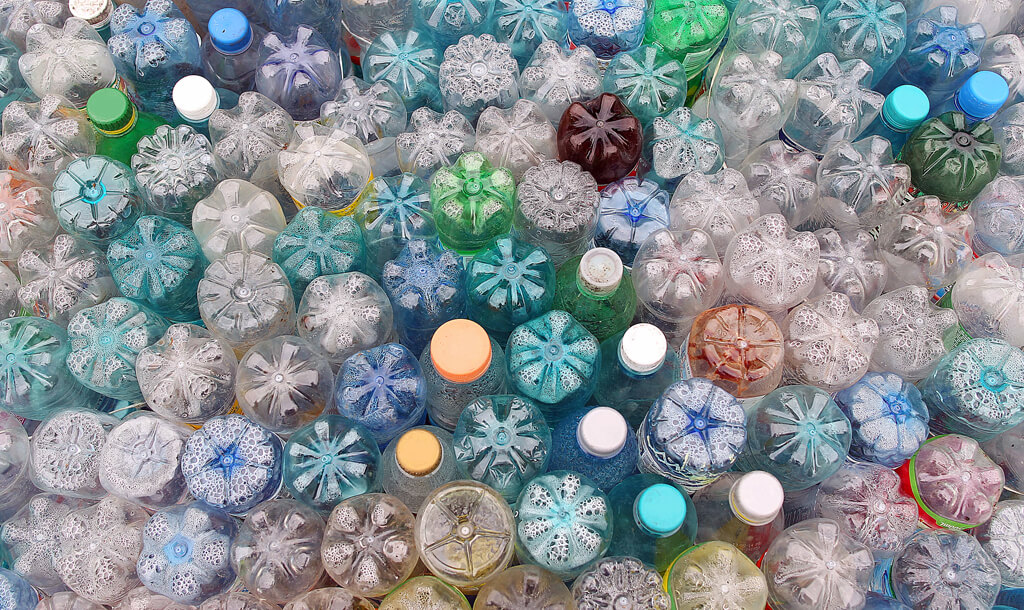
Be empowered to make the right choices
Every day we make choices. And every day those choices could have a huge impact on the environment. The more and more we learn about how things are made or how we’re disposing of things, the more we realise something isn’t working. The philosophy ‘be the change you want to see in the world’ is a good start. It all starts with us and our everyday choices. They can be small changes or adaptations that we can make which can help to make our lives more sustainable. They can help to reduce our environmental footprint and hopefully help save our beautiful earth.
One of our favourite things about Sydney are the options we have to help us live a healthy, sustainable life. We’re very fortunate that we have shops and restaurants dedicated to this. However, there are some simple steps we can take in our everyday living, that can help us live a more sustainable life:
What you wear
Mass production created mass consumption or was it the other way round? Either way, it’s a big problem in today’s society. Did you know we wear 400% more clothes than we did 20 years ago? That’s 80 billion new pieces of clothing every year. But, there also seems to be an increase in clothes swap initiatives*.
Sadly, the textile industry gobbles up resources, pollutes the environment and consumes energy all the way through the supply chain. The only way to change it is to buy less things. Try to pare down your wardrobe to fewer, more durable items. You can also look for eco-friendly/ethical clothing brands, so you know what you do buy is from a conscientious place.
* What’s clothes swap? Invite your friends, organize some wine and nibbles, each of you go through your wardrobes and pick out items that you haven’t worn in a while/want to get rid of. Then the evening is spent showing each item to see if anyone wants it. After all, one person’s trash is another one’s treasure. Then at the end of the evening, any clothes left over are donated to charity.
What you eat
The huge amounts of meat we consume is one of most destructive habits on the planet. It consumes masses amounts of water, pollutions, greenhouse gas emissions and habitat destruction. We can all do our part to eat less meat. We’re not saying we should all give it up completely (unless you want to) but just make a conscious effort to eat less. We have friends who have meatless Monday every week, or those who only eat it on the weekend. Also, trying to eat locally sourced fruit and veg helps to lower the amount of fuel consumed to transport the produce. To ensure you’re getting the right nutrients, fill up on beans and pulses (think lentils, nuts, chickpeas).
Say no to plastic
When you really look and realise how much plastic is being used (and disposed of) every single day, it’s scary. Plastic never goes away and we are pretty much drowning in it. Try to do your bit, ditch the plastic bags, take reusable ones to the shop. Stop using throw away water bottles and opt for glass containers where you can. Select unwrapped produce and try to cut down on online shopping (or tell them to limit the packaging).
Getting around
The world has gotten smaller. Not literally of course, but it’s so much easier to get around these days. Unfortunately, our desire for travel is harmful to the environment, especially if you take flights all the time. However, there are a couple of things we can do to put back what we take out with frequent travel:
- Try to walk, take public transport or hop on a bike as much as we can when we’re on the ground.
- Plant a tree / purchase a stand for trees certificate to offset our carbon footprint
